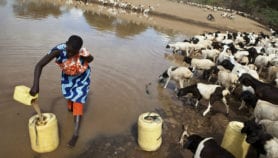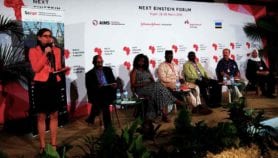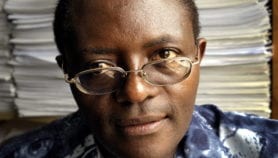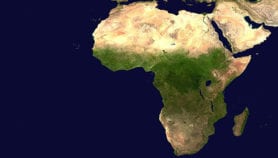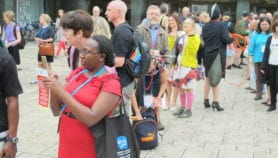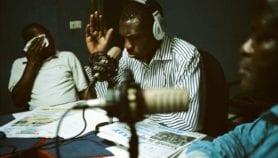14/11/22
Time for scientists and journalists to deepen ties
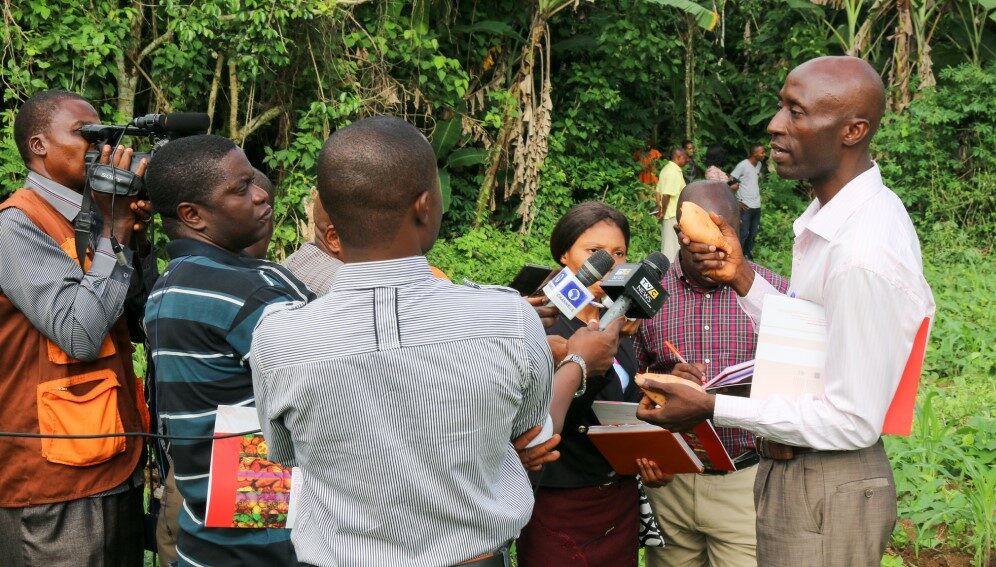
By: Royal Uche
Send to a friend
The details you provide on this page will not be used to send unsolicited email, and will not be sold to a 3rd party. See privacy policy.
Scientists and science journalists need each other to solve societal challenges but the line that connects them is getting blurrier by the day.
While scientists must create solutions through research, it is sad to know that many scientists would rather leave their results on the shelves than speak with science journalists.
But then, what will be the impact of their study if the media do not report it so that people can read it, understand and act on it?
With this in mind, SciDev.Net organised an online networking event early this month (4 November) to discuss how to deepen the relationship between scientists and journalists and overcome the barriers journalists face in reaching scientists.
The event held during the 2022 Science Journalism Forum brought scientists and science journalists together to unpack reasons why many researchers are unwilling to speak with journalists, and discuss common ground for the two parties to collaborate for the benefit of society.
“SciDev.Net has multiple layers of editing … We ensure that our news is reliable and authoritative, and is based on already published studies in journals [or reports].”
Ogechi Ekeanyanwu, SciDev.Net regional coordinator, Sub-Saharan Africa (English)
“Science and journalism are different practices with different values. As scientists, we are open to scrutiny,” said Mamokgethi Phakeng, a professor of mathematics education and vice-chancellor at the University of Cape Town, South Africa.
“Even when we collect data from human subjects, it is ethical we send the transcript to our subjects for them to read and give us the go-ahead to publish. But it is not the same with journalists, as most of them are always in a haste to publish without getting back to the scientists before publishing.”
Phakeng believes that the rise of social media has made it more difficult to trust journalists as they are competing to break news, sometimes without checking the facts.
To operate on a common ground, Adejuwon Soyinka, regional editor for West Africa at The Conversation Africa, urged science journalists to always respect scientists by being thorough in their reports and ensuring their stories are factual and balanced.

That is what we do, said Ogechi Ekeanyanwu, regional coordinator of SciDev.Net ‘s Sub-Saharan Africa English edition. “SciDev.Net has multiple layers of editing,” she added. “We are not in a hurry to publish our news. We ensure that our news is reliable and authoritative, and is based on already published studies in journals [or reports]. We also reach out to the scientist to confirm and clarify issues raised in their peer review study before publishing.”
On whether it is ethical for journalists to share their work with scientists before publishing, Dimie Ogoina, infectious disease physician at the Niger Delta University Teaching Hospital (NDUTH), Nigeria said: “I know that allowing a scientist to see what a journalist wants to publish may not be ideal, but it is also important that a scientist has a perspective of what is expected to be published and even if it is published wrongly, scientists should have a window for correction.”
What scientists and journalists largely agree on is that the overall success of research comes when it impacts livelihoods and communities.



One way to achieve this success is through science communication. Therefore, scientists must be able to communicate their reports to science journalists, who are different from social media influencers.
With social media increasingly used for spreading misinformation, it is more important than ever for scientists to collaborate with science journalists to foster accurate science reporting for the public good.
This piece was produced by SciDev.Net’s Sub-Saharan Africa English desk.








